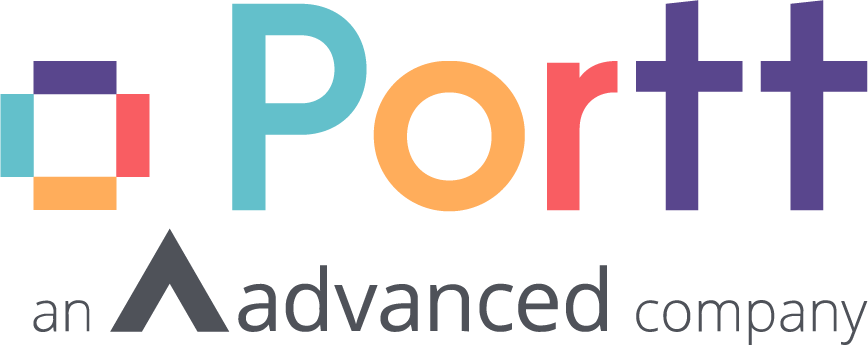
Our recent report into the future of procurement in ANZ shows that supplier relationship management is the most challenging and important it’s been in decades. SRM can no longer be an afterthought: it should be at the core of your solution-based procurement strategy.
How SRM has changed
Supplier relationship management has evolved over the last 20 years, shifting from a cost-reduction mindset to one of mutually beneficial relationships. Increased globalisation of supply chains compounded with ever-growing digitisation means suppliers and procurement teams are more connected than ever – but therein lies the challenge. How do we maintain genuine relationships in ever-expanding global supply markets? And, more importantly, how do we do it without compromising our triple bottom line?
Why is SRM so challenging?
The definition of “good SRM” has shifted astronomically. It’s no longer a simple matter of meeting SLAs and deadlines or making prompt payments. As demand increases for ethical, sustainable procurement in tandem with ever more complex integrated global supply chains, the need to gain and maintain a deep understanding of suppliers is crucial.
In a disruptive procurement market, suppliers are now willing to tear up contracts to gain a better deal. Meanwhile, businesses are under increased supply chain scrutiny – and rightly so – regarding supply chain risk factors like modern slavery, sustainability and socially responsible sourcing.
“The expectations of what good procurement looks like and the considerations that weave into that have become more complex, which reflects a whole change in society.
Looking for supply diversity opportunities, procurement to enable social transformation for disadvantaged groups, supply chain awareness, sustainability environmental product declarations or ethical workforce… This adds complexity to the role and makes it harder.”
– Director Procurement and Supplier Management, Public sector

Why is SRM more important than ever?
Good relationships lead to sticky suppliers. In other words, if you’ve built strong bonds with your suppliers, they’re less likely to cut ties with you when markets change and demands shift.
- Mutual Trust and Reliability: Building a strong relationship with your suppliers is often based on trust and reliability. When you demonstrate that you are a trustworthy and dependable partner, suppliers are more likely to reciprocate in kind. This trust fosters a sense of security, making it less likely for your suppliers to sever ties when market conditions become unpredictable or challenging. They understand that you are committed to working through difficulties together.
- Open Communication: A solid supplier relationship encourages open and transparent communication. When you have a strong rapport with your suppliers, they are more likely to share important information about their own circumstances, such as potential price changes, production delays, or material shortages. This insight enables you to be proactive and make informed decisions rather than reacting to unexpected changes, which can be disruptive.
- Flexibility and Adaptability: In dynamic markets, demands can shift rapidly. Having a strong supplier relationship can help you adapt to these changes more efficiently. Suppliers who value your partnership are often more willing to accommodate your evolving needs, whether it’s adjusting production schedules, altering product specifications, or offering better terms during challenging times.
- Priority Treatment: Suppliers tend to prioritise customers with whom they have strong relationships. When markets fluctuate, and resources become scarce, your suppliers are more likely to allocate their limited resources to meet your needs because they value the partnership. This can give you a competitive advantage and help you weather market turbulence more effectively.
- Cost Savings: Strong relationships with suppliers can also lead to cost savings. Suppliers who view you as a valued, long-term partner are more inclined to provide favourable pricing, discounts, and preferential terms. This can positively impact your bottom line, making your business more resilient in changing market conditions.
- Innovation and Collaboration: Collaborative innovation often thrives in strong supplier relationships. Suppliers who are invested in your success are more likely to work closely with you to develop new products, enhance existing ones, or find innovative solutions to shared challenges. This cooperative approach can give your business a competitive edge and help you adapt to market shifts.
“Hire for attitude, train for skill. You need people that can create relationships and, in my opinion, create win-win situations. You need suppliers and customers to get the best out of each other.
We’ve got suppliers wanting to rip up contracts to get an increase in price. It’s a disruptive market. It’s been harder than I have seen in my 20 years in procurement.”
– Procurement Strategy & Best Practice Leader, Private sector

The future of SRM
In today’s ever-evolving business landscape, Supplier Relationship Management (SRM) is indispensable for any organisation that wants to stay competitive and resilient. Doing things the way they’ve always been done is a recipe for dissatisfied suppliers and procurement activities that aren’t aligned with company goals.
SRM isn’t just a buzzword but an action, an ongoing commitment and a fundamental aspect of modern business operations. By nurturing strong supplier relationships, businesses can confidently navigate ever more challenging procurement landscapes.
Download our Australia and New Zealand Procurement Report 2023
We asked Australia and New Zealand’s procurement leaders about the current state of play and the future of procurement. We’re excited to present you with the results of our research. Get your copy now!



